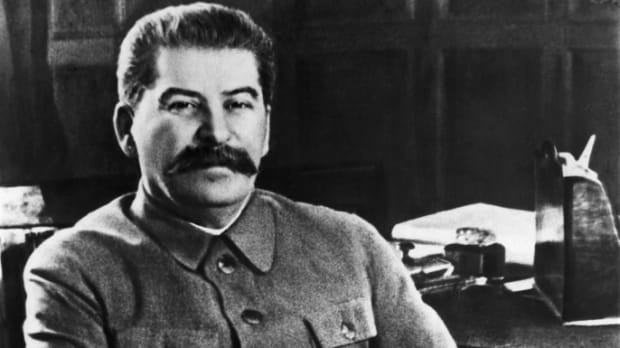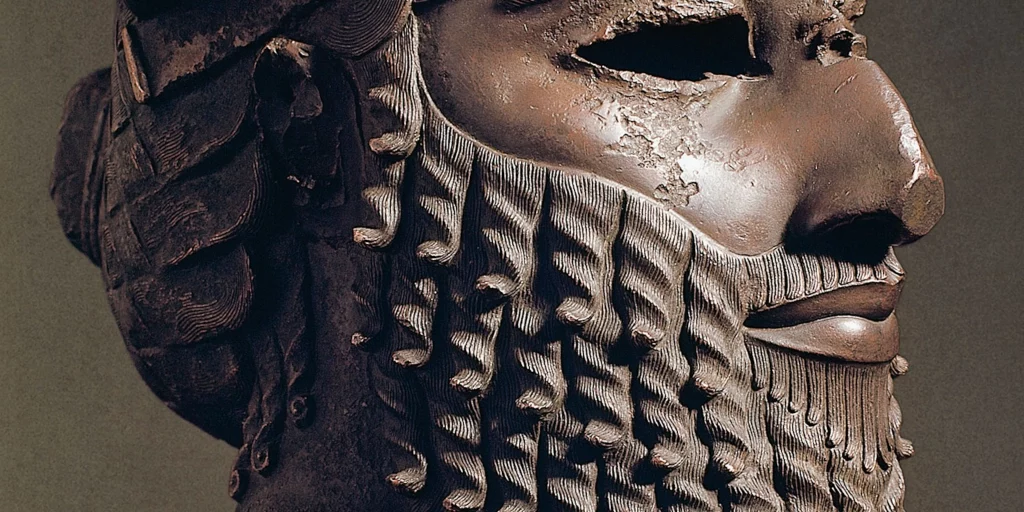It isn’t easy being the king….queen… or even president? The point is, it’s hard to be at the top. History is chock-full of murdered monarchs, unlucky emperors, and deposed queens.
Can you imagine waiting and preparing your entire life for this position, only to have it ripped away in a second, doomed to the footnotes of history? Whether it’s murder, rebellion, or just bad luck – here are some of the shortest reigns in history.
1. Urban VII: The shortest reigning pope
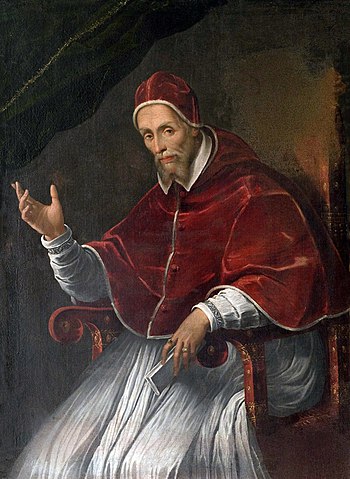
The title of the shortest reigning pope has to go to Pope Urban VII. After Sixtus V died in 1590, Cardinal Castagna was elected by the conclave as Pope Urban VII.
As a man with an excellent reputation for prudence, decency, and piety, the people adored him and had high hopes for what he would achieve. These hopes weren’t unfounded, as Urban VII immediately went to work giving to the poor of Rome, providing for cash-starved cardinals, and even ordering all the bakers of Rome to sell larger loaves for cheaper, covering the costs himself.
He even implemented the world’s first “smoking ban” by threatening anyone who smoked or chewed tobacco at church with ex-communication. After 12 very successful days, he died of malaria. He never even made it to the papal coronation!
2. Lady Jane Grey: The shortest reigning queen
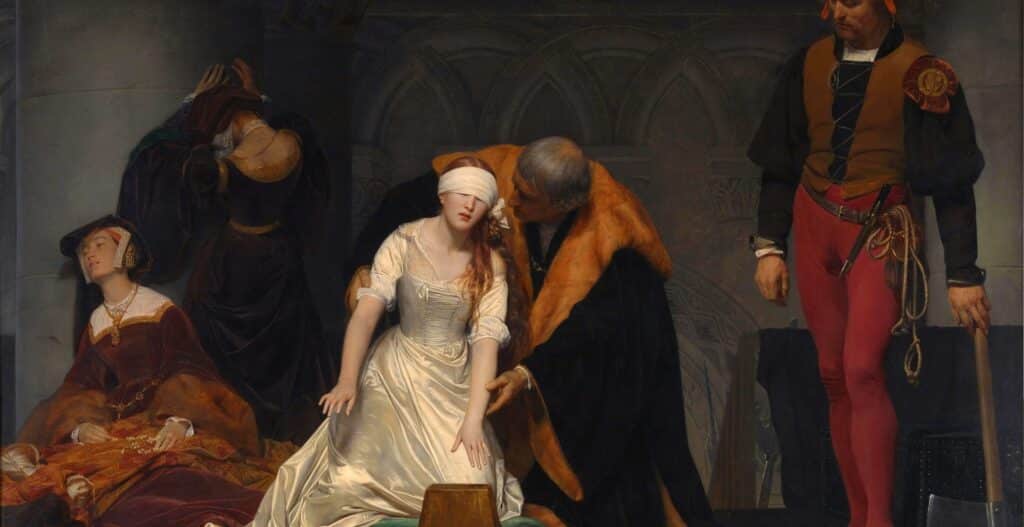
After Henry VIII’s sickly son, Edward VI died, there was fear over his half-sister Mary gaining power. Years of reformation to the Church of England were under serious threat due to her Catholicism, so John Dudley, Edward VI’s former regent, came up with a plan.
Dudley wanted to install Edward VI’s cousin, Lady Jane Grey, on the throne, solidifying his power and, in his mind, stopping England’s return to Catholicism. To solidify his power, Grey married his on and became queen. Her lack of public support led to Mary and her army retaking the crown only nine days later. Dudley never learned his lesson. Another attempted rebellion shortly after led to Grey’s execution, even though she was simply a pawn in a bigger game.
3. The world’s shortest reigning monarch, Louis-Antoine
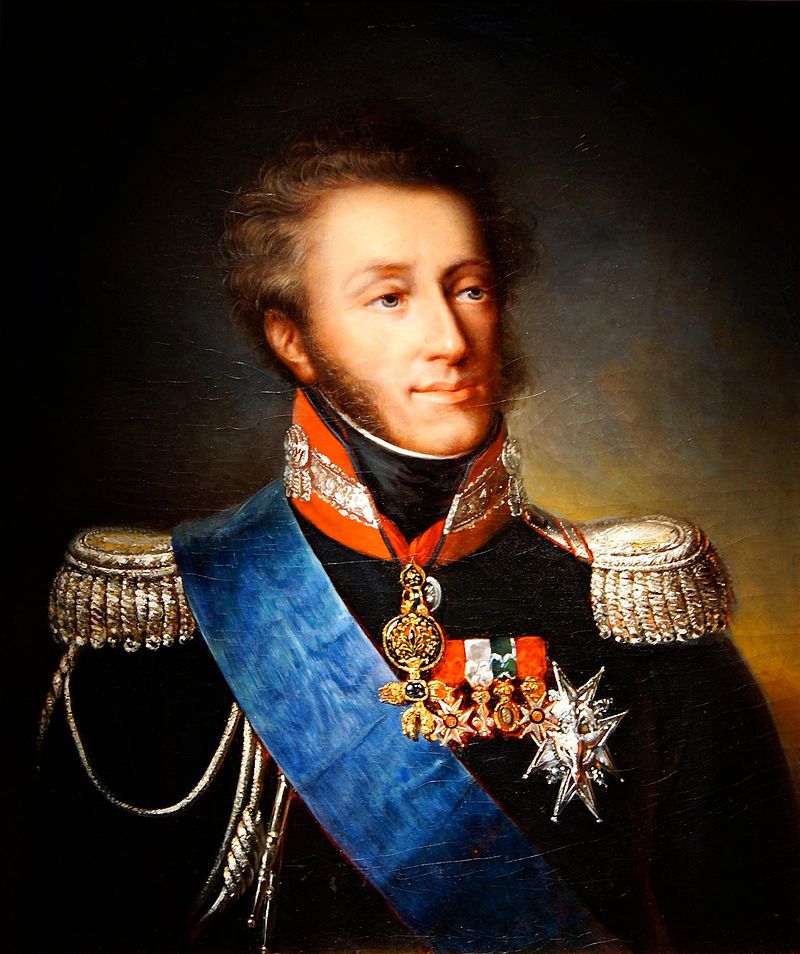
The title of the world’s shortest reigning king has to go to Louis-Antoine of France. His father, Charles X, was deeply unpopular for his entire reign culminating in his abdication after the July Revolution of 1830. Louis-Antoine, his son, was technically king at that moment. He spent the next 20 minutes mulling things over, then quickly signed the paper confirming that he was surrendering the throne as well.
4. Berengaria of Castile: She chose family over power

After Henry I of Castile was struck and killed by a falling roof tile at 13, the throne went to his sister, Berengaria of Castile. She was the granddaughter of Eleanor of Aquitane, who is well known for reigning as the queen of both France and England.
Elanor was an intelligent and fierce woman, which Berengaria certainly inherited. She chose to abdicate after ruling for three months in favor of her son, Ferdinand, who was to be King of León. This sacrifice allowed for León and Casile’s unification, eventually leading to the creation of Spain centuries later.
5. William Henry Harrison: The shortest presidential term
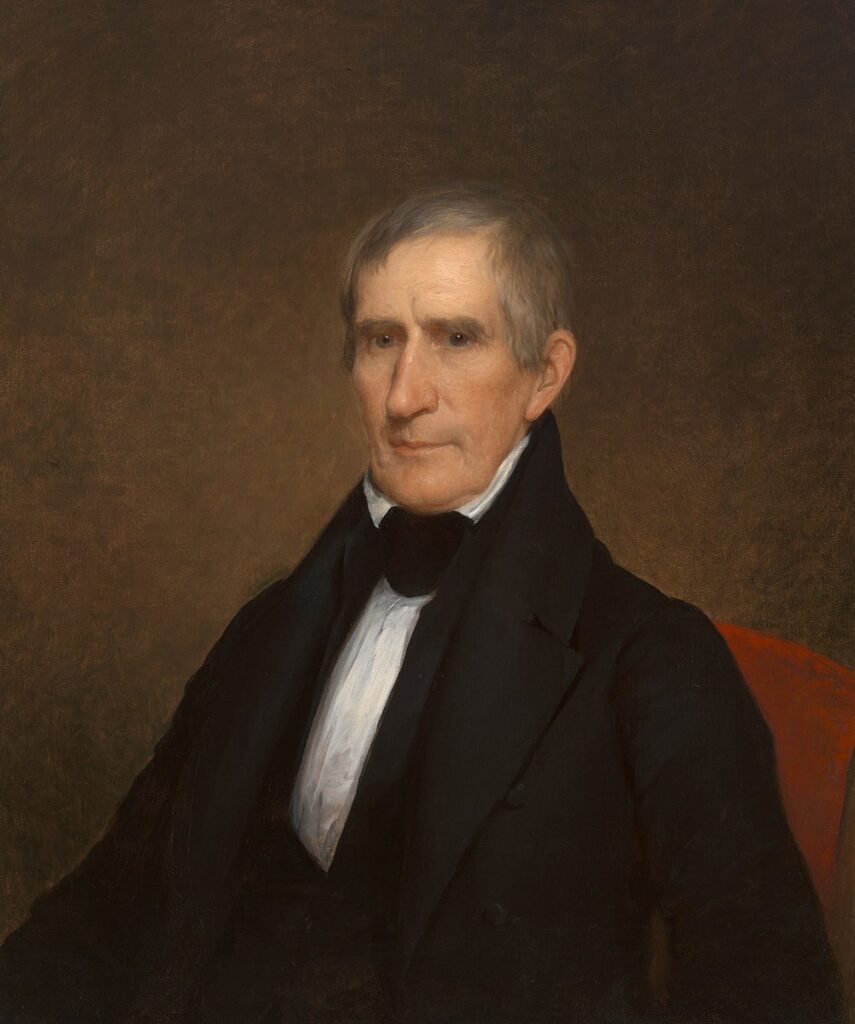
William Henry Harrison served the shortest presidential term. After a month in office, the 9th president of the United States, William Henry Harrison, died in 1841. The 68-year old was the oldest person to become President until over a century later when Ronald Reagan earned that honor at 69.
The familiar story is that Harrison gave a lengthy inauguration speech in freezing weather without a hat or coat, leading to him developing pneumonia and dying. Recently, people believe that there’s a different answer. Waste from the White House bathrooms was dumped in a field nearby, where it may have laced the White House’s water supply.
6. Napoleon II: The shortest reigning emperor
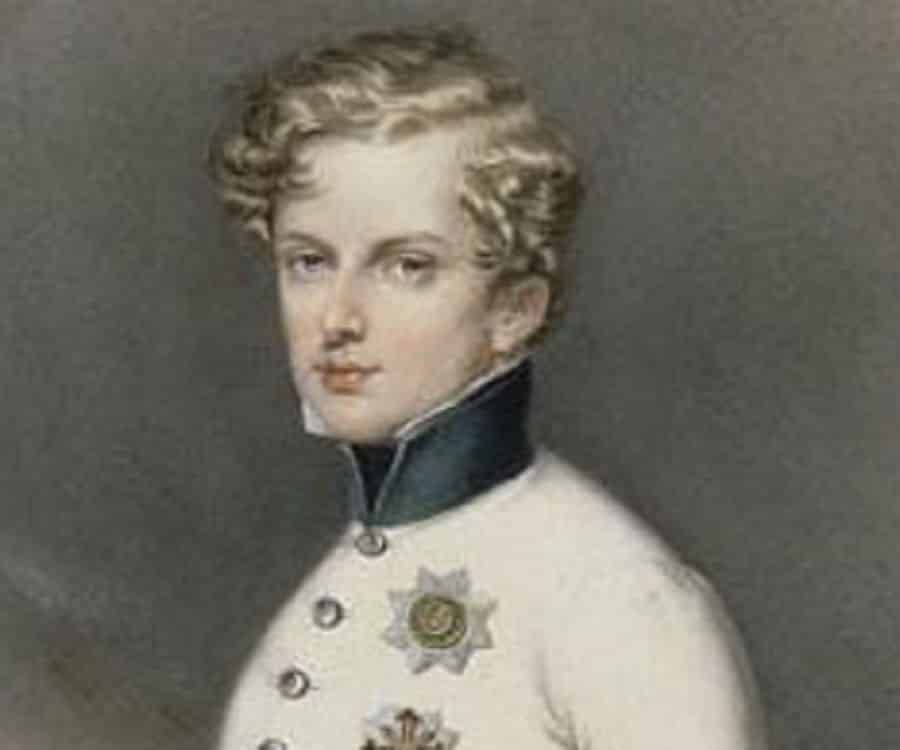
Though we could argue about how legitimate his title was, the story of Napoleon II’s brief stint as “emperor” is enjoyable. After his father, Napoleon, was defeated in the Battle of Waterloo in 1815, the four-year-old Napoleon II was declared emperor in absentia, as he was living in exile in Austria with his mother.
Sixteen days later, the French monarchy was restored with Louis XVIII as king effectively destroying Napoleon II’s claim. He was forced to stay in Austria as the Duke of Reichstadt until he died of tuberculosis at the age of 21.
7. James Garfield: Spent half of his presidency in bed
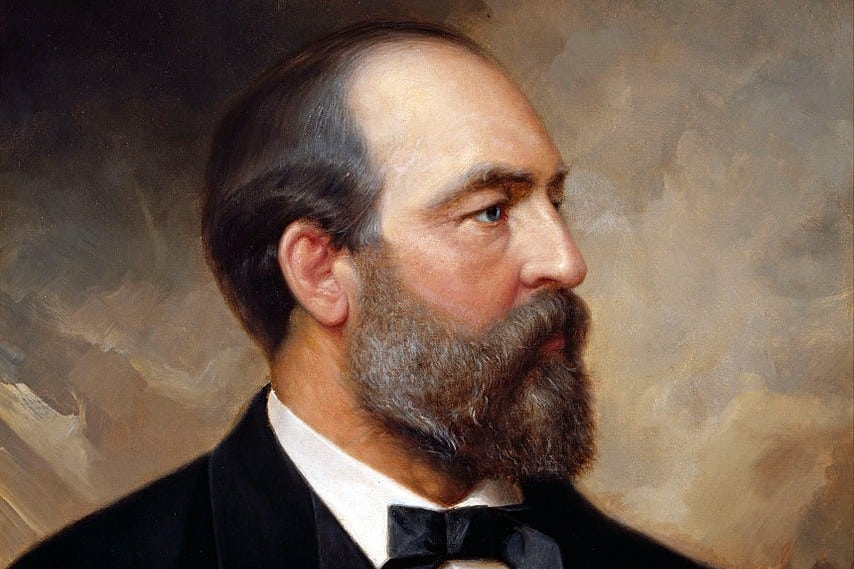
James A. Garfield was the 20th president of the US. On July 2, 1881, 100 days into his presidency, Charles J. Guiteau shot him at a railroad station in Washington DC. Funnily enough, Robert Todd Lincoln happened to be at the station that same day and was deeply upset by the events.
The bullet didn’t kill Garfield immediately, who spent two and a half months on his deathbed. The probing and prodding of the wounds with unwashed hands led to an infection that later killed him. 6 months into his presidency, Garfield was dead.
8. Siaka Stevens: Served for minutes

Stevens was the leader of the leftist All People’ Congress in Sierra Leone. In the 1967 elections, his party narrowly scaped by with a plurality of seats. The outgoing Prime Minister was not pleased and ordered the military to intervene. On March 21, minutes after he was sworn in as Prime Minister, the military burst into he room and placed him under arrest. Luckily for him, Sierra Leone restored Stevens to power in 1968
9. Joseph Goebbels: 5 hours of power
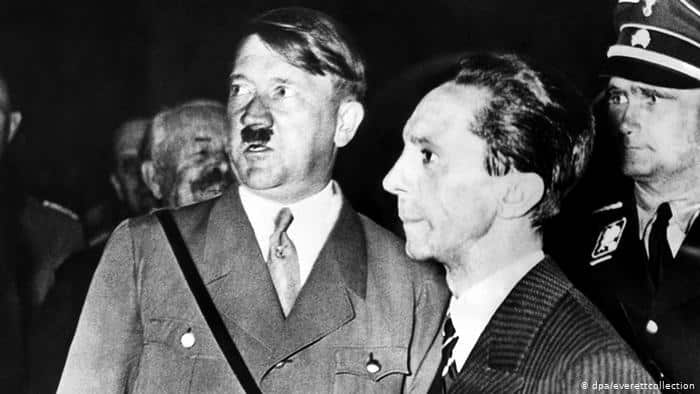
Hitler’s will stated that after the Führer’s, the Chancellorship of Germany would pass on to Propaganda minister Joseph Goebbels. He was a civilian, with a growing irrelevant position in the wartime government, but Hitler had grown so distrustful and paranoid of his government, Goebbels became his choice.
After Hitler shot himself and his girlfriend on April 30th, 1945, Goebbels became chancellor. His only action was to refuse to surrender to the Soviets. An estimated five hours into this new role, Goebbels and his entire family killed themselves on the morning of May 1st.
10. Taichang: Mysterious Red Pills
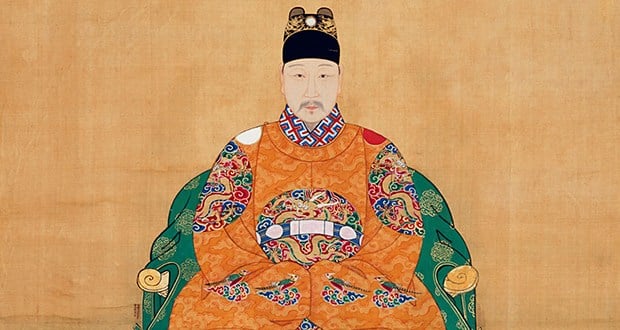
Taichang was an emperor of the Ming Dynasty in China who came to power despite his father favoring a younger son. After ascending to the throne in 1620, he immediately abolished unpopular taxes and filled vacant government posts.
Ten days into his rule, he became very sick with diarrhea, which lasted for almost three weeks. Li Kezhou, a member of his court, gave him red pills to cure him. After briefly feeling better, Taichang died the next day after serving 29 days as emperor. Nobody knows what was in the pill, and there are folk legends about Li Kezhou and his red pill to this day.
11. King Dipendra of Nepal: A family massacre
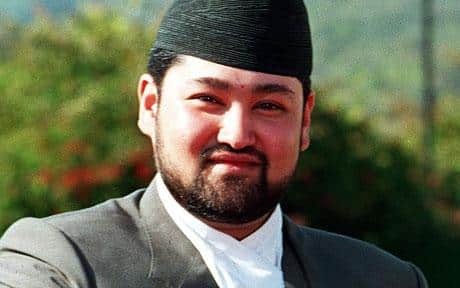
King Dipendra’s short-lived three-day reign is one of the strangest. When he was crown prince, Dipendra and his parent’s relationship was incredibly strained by his desire to marry Miss Devyani Rana, who was from a rival family. After drinking lots of alcohol, Dipendra came up with an idiotic solution.
He shot and killed his parents and his siblings in a horribly violent act of regicide. Accounts aren’t sure, but he was either shot by palace guards or shot himself, leaving himself alive, but braindead and mortally wounded. Because he was technically the heir, Nepal proclaimed him king until he died from injuries after three days.
